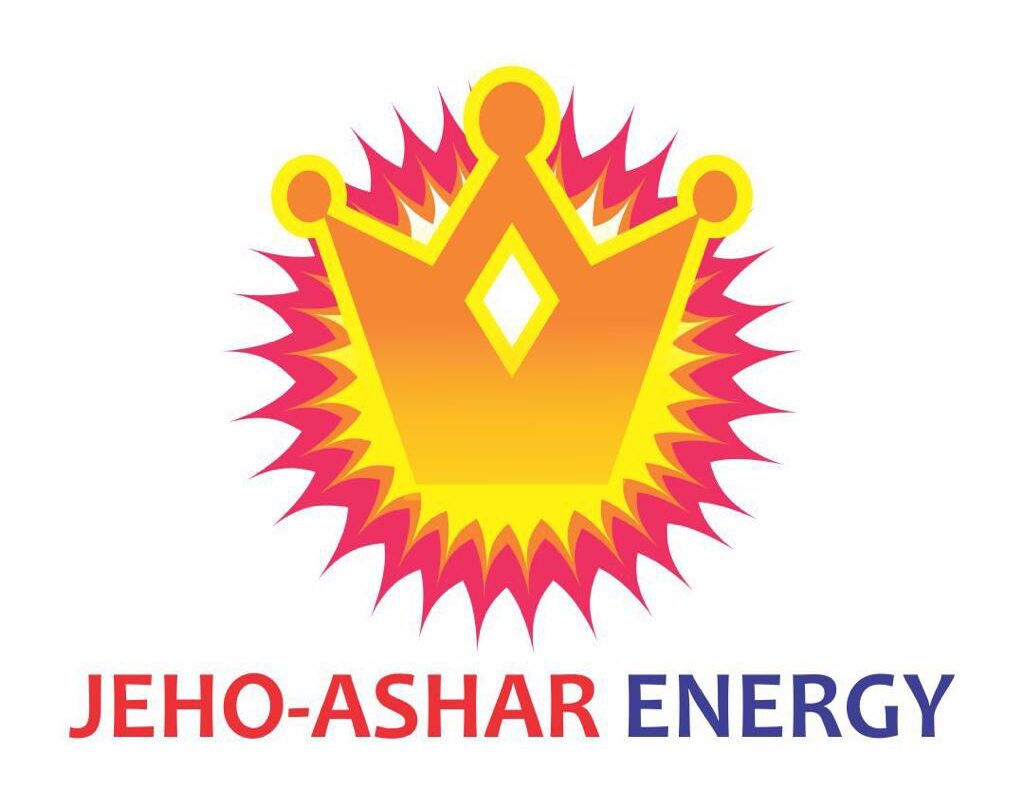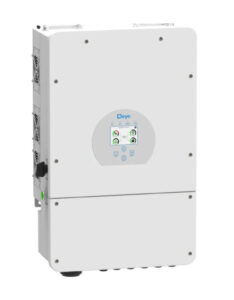❗ The Issue
As the solar energy industry grows, so does the looming challenge of what to do with solar panels once they reach the end of their usable life — typically 25 to 30 years. According to the U.S. Department of Energy, up to 95% of a photovoltaic (PV) module can technically be recycled, including materials like glass, aluminum, silicon, and sometimes rare metals such as silver.
However, economic factors make recycling far less attractive than simply sending used panels to landfills. The cost to recycle a panel ($20–30) currently outweighs the cost to landfill it (as low as $1–2). This imbalance creates a dangerous incentive to discard rather than responsibly process used panels.
If left unaddressed, we could face a “solar waste crisis” by the 2040s, with millions of decommissioned panels piling up in landfills and leaking materials that may be environmentally harmful over time.
🏢 Jeho Ashar Energy’s Strategic Advantage
✅ 1. Promoting Sustainable Practices
Jeho Ashar Energy can position itself as a responsible, future-focused solar provider by integrating sustainable end-of-life solutions into its core services:
- Panel Take-Back Programs: Offer customers the option to return panels at end-of-life for proper recycling or refurbishment.
- Partnerships with Recycling Firms: Collaborate with emerging solar recycling companies or pilot programs that can handle solar e-waste.
- Use of Easily Recyclable Materials: Where possible, promote panels made from materials that are easier and cheaper to reclaim.
- Extended Producer Responsibility (EPR): Adopt voluntary EPR policies, even before they become mandatory, to show environmental leadership.
💡 Why this matters: Many companies are still ignoring the solar waste issue. Jeho Ashar can stand out as one of the few Nigerian or African companies addressing it before it becomes a crisis.
✅ 2. Customer Education and Community Engagement
A significant part of the solar waste problem is that customers are unaware of what happens after 25 years. Jeho Ashar Energy can lead through education and advocacy:
- Awareness Campaigns: Use your website, blog, and social media to inform users about panel lifespan, and promote recycling options.
- Workshops or Webinars: Educate local communities and stakeholders about solar waste and the benefits of responsible energy consumption.
- Certification of Disposal: Offer a “green certificate” for clients who dispose of or recycle their panels responsibly, enhancing their corporate social responsibility profiles.
🧠 Example: Imagine a customer choosing between two solar companies — one installs and walks away, the other offers a full lifecycle plan including future recycling. The latter wins long-term trust.
🌍 Global Trends Jeho Ashar Can Leverage
- EU Legislation: The European Union already mandates recycling for solar panels under the WEEE directive — Jeho Ashar can follow this model voluntarily.
- Innovation in Recycling: Startups are finding cheaper, faster ways to extract silicon, silver, and other components. Jeho Ashar can monitor and adopt these breakthroughs early.
- Circular Economy Focus: Sustainability is moving toward circular economies — Jeho Ashar can present itself as one of the few solar providers supporting this vision in West Africa.
📈 Business Impact and Branding Potential
1. Market Differentiation
Being proactive about solar panel recycling positions Jeho Ashar as a premium, environmentally responsible brand, appealing to clients, investors, and institutions with sustainability goals.
2. Future Regulatory Compliance
If Nigeria or West Africa begins to enforce solar waste rules, Jeho Ashar will already be prepared — avoiding legal trouble and costly operational changes.
3. Partnership Opportunities
Government agencies, NGOs, and international development bodies increasingly seek partners for sustainable energy programs. Jeho Ashar’s approach makes it a natural choice.
🧭 Next Steps for Jeho Ashar Energy
- Build Recycling Partnerships — Identify and team up with recyclers or refurbishers.
- Incorporate Recycling Language — Include EOL (End-of-Life) commitment in every customer proposal and on the website.
- Customer Portal — Develop a digital tool that tracks a panel’s lifecycle and notifies clients when recycling time is near.
- Pilot a “Green Return” Program — Test a buyback or disposal discount initiative in one region or with a select group.


